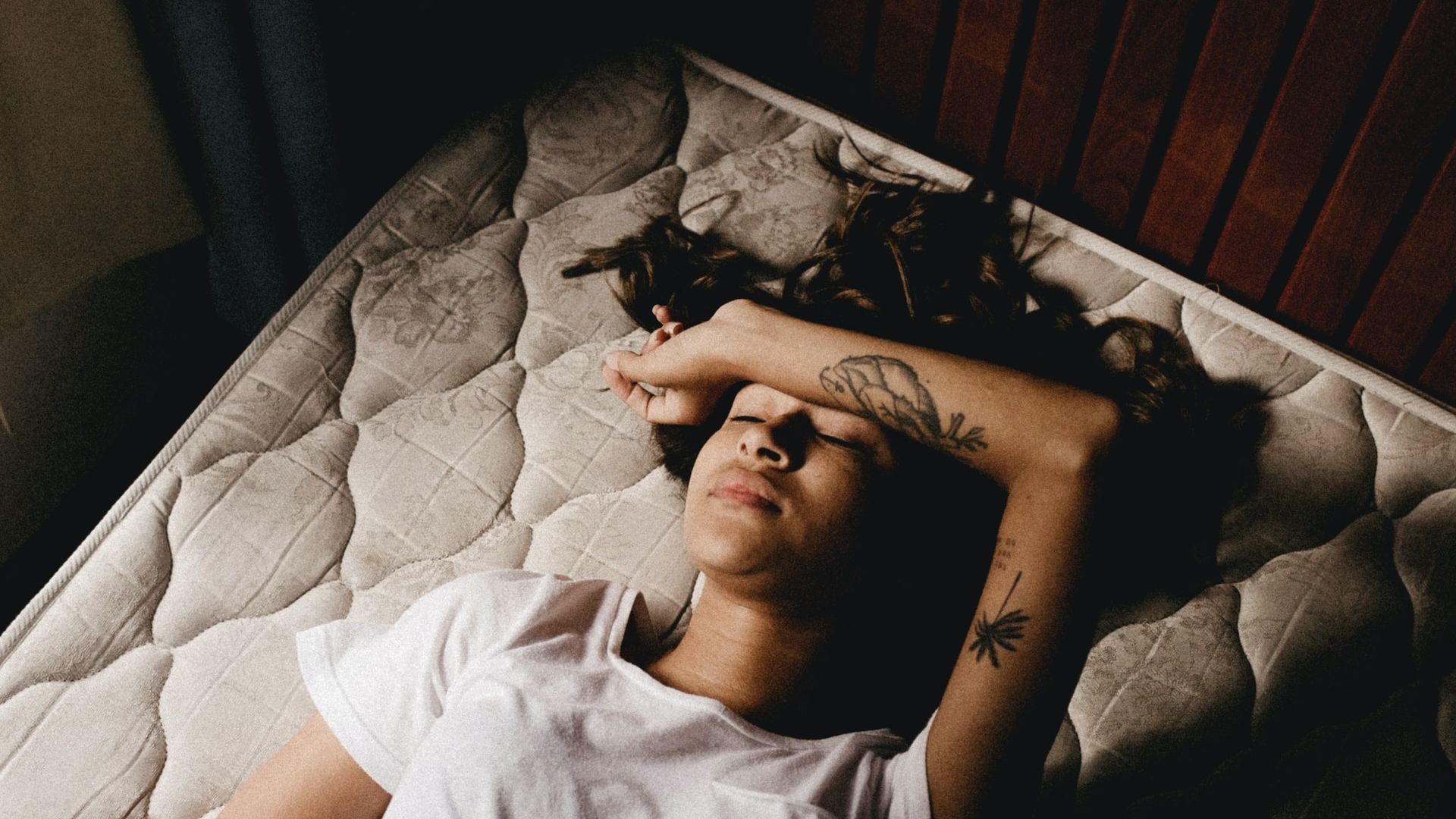
Heroin Rehab
Rehab for heroin isn't easy, but always worth it. Heroin is a very addictive drug made from morphine derived from the seeds of the opium poppy plant. Similar to other painkillers like oxycodone, codeine, and hydrocodone it is an opioid. Heroin is either inhaled, smoked, injected or snorted. Read on to find out how we can get you or your loved one into heroin rehab.
Heroin use
Heroin is commonly cited as one of the most addictive drugs. It can be addictive from the very first use. Heroin comes in different forms, usually a brown or white powder or a sticky black substance.
Some street names to listen out for are
- Dope
- Smack
- H
- Junk
- Skag
- Snow
- Horse
- China white
- Brown
- Beast
- Hero
Rehab stay
The length of stay for heroin rehab is always doctor led. There is little point going into rehab for a week as you wont be fully detoxified and the other reason - therapy, won't have enough time to teach you all the coping skills you need to stay away from heroin once you leave.
If you are regularly using 1g of heroin the doctor would recommend, at an absolute minimum of 14 days in rehab.
If you are regularly using more than 1g of heroin, the doctor would recommend at least 3 weeks.
We would always advocate at least 28 days. It's worth spending the extra time away from the temptations of your regular life to be in a safe, drug free facility where the therapists and your peers can support you and teach you the best ways and tools for recovery and abstinence from heroin
Where to get heroin rehab
Here at Findrehab we work with a number of rehab facilities that specialise in helping those with heroin addiction around the UK in England, Scotland and Wales. We understand some people will want to travel away from their local area and those who would rather stay as local as possible. Call us now to discuss your options.
Frequently asked questions
- What type of rehab is best for treating heroin addiction?
-
The best type of rehab for heroin addiction is inpatient or residential rehab. This is because: • Heroin withdrawal can be severe and dangerous, requiring 24/7 medical monitoring • Residential programs provide structure, therapy and peer support to help break the addiction • Patients stay at the facility for weeks or months, removing them from triggers and enablers • Medication assisted treatment with drugs like methadone or Suboxone is often used and needed to break the dangerous pattern • Patients can transition to long-term outpatient or partial hospitalisation programs after discharge Residential programs combine traditional rehab therapy with evidence-based treatments for opioid use disorder, increasing the chances of long-term sobriety.
- What happens during heroin rehab?
-
Rehab for heroin addiction typically includes: • Medical detox - Patients are medically supervised and given medications to ease severe withdrawal syndrome • Individual and group therapy - To identify and change harmful behaviors, thought patterns and triggers • Family therapy - To improve communication, repair relationships and gain support for recovery • Medication - Suboxone or methadone may be used to reduce cravings and relapse risks • Life skills training - Teaches coping skills, stress management and daily routine development • Aftercare planning - A continuation plan for outpatient treatment and support group attendance • Peer support - From other patients in rehab who understand the challenges of addiction
- What is the success rate of heroin rehab?
-
The success rate of rehab for heroin addiction depends on several factors: • Type of rehab - Residential programs tend to have higher success rates (up to 60%) • Length of stay - Longer time in rehab (3-6 months or more) correlates with better outcomes • Continued treatment - Patients who stick with aftercare programs do significantly better than those who don't • Medication use - Drugs like methadone and Suboxone improve relapse and overdose risks • Support system - Family and peer support improve chances of sustained sobriety • Life skills learned - Patients who develop coping skills have much higher rehab completion rates Overall, relapse rates for opioid use disorder remain high at 40-60%. But rehab is still the best option to build a foundation for long-term recovery through education, skills and support.